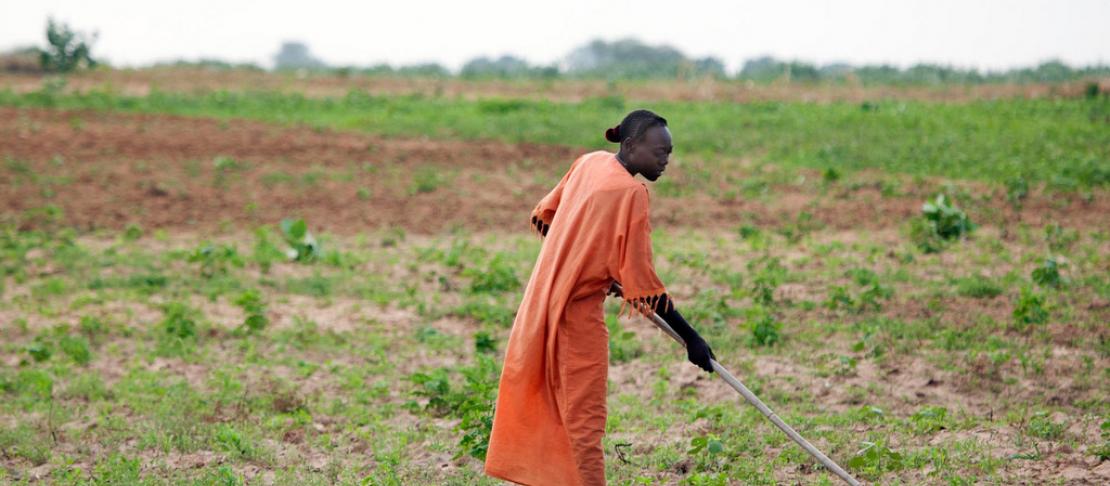Rio+20 must commit to transforming the global food system

First published in AlertNet. Written by: Dr Carlos A. Nobre
On June 20-22, world leaders and thousands of others from around the globe will gather for the Rio+20 Earth Summit. Their charge is to forge high-level political agreement for how nations of the world will work together to reduce poverty, advance social equity and ensure environmental protection.
Twenty years after the United Nations Conference on Environment and Development in Rio de Janeiro, the world is confronted by food insecurity and climate change, and sustainable agriculture is more important than ever to addressing these challenges. It is time to find new solutions for how we produce, share and consume the food, fibre and bioenergy that sustains our societies and provides livelihoods.
To be effective, global policy dialogues need a solid scientific evidence basis. This is why the independent Commission on Sustainable Agriculture and Climate Change was convened in 2011. In March, my Commission colleagues and I released a report, Achieving Food Security in the Face of Climate Change, which proposes specific policy responses to these global challenges and highlights opportunities under the mandates of the Rio+20 Earth Summit, the United Nations Framework Convention on Climate Change (UNFCCC) and the Group of 20 (G20) nations.
The Commission has also created an animated video to illustrate why and how humanity must transform the way food is produced, distributed and consumed in response to changes in climate, global population, eating patterns and the environment.
The CGIAR Research Program on Climate Change, Agriculture and Food Security (CCAFS) has produced a short photofilm that illustrates ways people around the world are already taking actions that align with the Commission’s recommendations.
Over the coming days, venues all over the city of Rio de Janeiro will host a wide range of events that will bring together people working on food security and environmental sustainability. Between June 11-15, I will be joining hundreds of scientists at the ICSU Forum on Science, addressing the issue of “What is the state of the Earth system?”, in which I reiterate the key role of interdisciplinary science and innovation in the transition to sustainable development, a green economy and poverty eradication.
My Commission colleague, Dr Adrian Fernandez, also addresses food security issues during the same event. With partners from the International Food Policy Research Institute (IFPRI), he will also be part of an official Rio+20 side event entitled “Feeding the World: Sustainable Agriculture and Innovation” on June 16.
On June 18, the 4th Agriculture and Rural Development Day will focus on “Lessons in Sustainable Landscapes and Livelihoods”. Learning events will explore concrete cases of success that could translate into a thorough transformation of the global food system, and afternoon sessions will focus on science for a food-secure future.
A sustainable food system will only be possible if we make very real progress toward integration of agriculture, forestry and fisheries, supported by robust systems for knowledge generation and extension. This requires changes in policy, finance, agriculture and development aid. Governments, international institutions, investors, agricultural producers, consumers, food companies and researchers all have a role to play. Critical opportunities at the Rio+20 Earth Summit must not be missed.
Dr Carlos Nobre is National Secretary for the Secretariat of Policies and Programmes in Research and Development at Brazil's Ministry of Science, Technology and Innovation and a member of the Commission on Sustainable Agriculture and Climate Change.
The CGIAR Research Program on Climate Change, Agriculture and Food Security (CCAFS) will be covering the Rio+20 Conference live between 12 - 22 June. To read the latest stories related to agriculture and food security from the conference, click here. To get the latest updates follow both CCAFS on Facebook and Twitter and Agriculture Day Facebook and Twitter. For more information about agriculture and food security during the conference, follow #Rio4ag on Twitter.